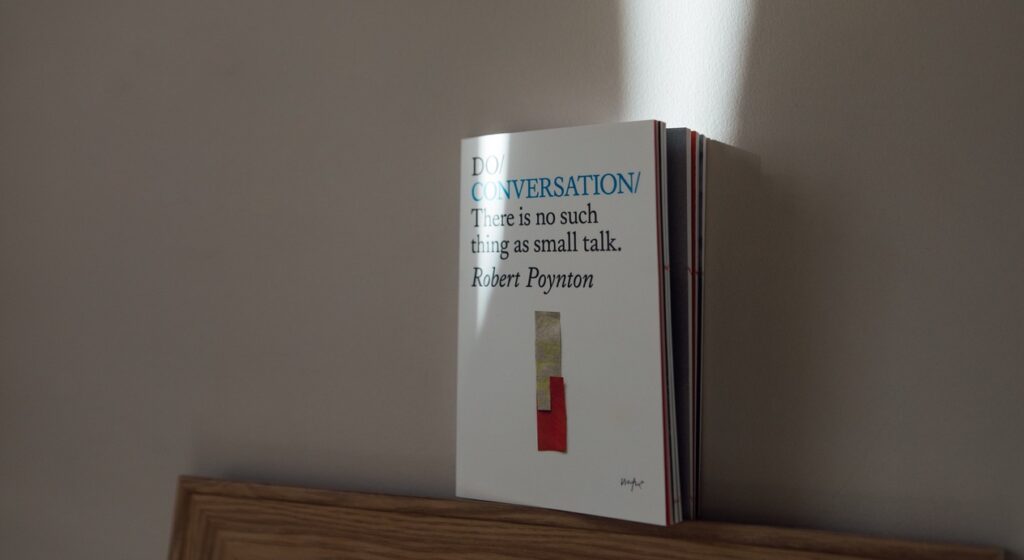I have been struggling to find a fitting metaphor for the absurdity of the ‘locational fetish’ that seems to be afflicting anyone who writes in the popular media about the brain these days – i.e. the idea that by knowing which part of the brain is active we know something important. This morning it came to me. It is like a symphony orchestra. Simply knowing that the woodwind is playing during a particular section of a symphony tells you very little. It is true, but almost entirely useless. Without an appreciation of how, at a particular point in a particular symphony, the sound of the woodwind relates to the barely audible rumble of the accompanying timpani, or echoes an earlier theme, or acts as a prelude to a coming one, you are understanding very little. The woodwind is not inflexibly and atomistically responsible for a particular kind of sound. At different moments, in different pieces it is used for a vast range of purposes. The woodwind can’t be understood in isolation and the symphony can’t be reduced to discrete and separate elements.
Nonetheless, this is how we often talk about the brain or bits of the brain (which, by the way, aren’t actually discrete structures, but areas). Yet the brain is like a symphony. Or, perhaps, like a symphony of symphonies, millions of times more complex and more interconnected than any piece of music anyone could ever compose. Mozart’s own brain was way more complex than any music he wrote.
The ‘bits and pieces’ way of thinking and talking is inappropriate, unhelpful and insidious. It makes us see everything from food to the brain as no more than the sum of its component parts. It becomes circular. When we always break everything down into bits, we forget that there is any other way of thinking or acting. It stops us seeing anything else (like relationships for example). People look for the bits and pieces of leadership or creativity or love. When that approach doesn’t work they assume they simply haven’t found the right bits, or that they haven’t looked hard enough. As if more computational power were all you need to find Mr. Right or lead an organisation through turmoil.
I design and lead workshops. They aren’t exactly symphonies but there is a rhythm, a metre, a cadence and flurries of energy and ideas that are akin to melodies. I find these really useful ideas both when designing and running workshops. I don’t need to focus on the bits, I can look at the patterns and at the whole. Now, that’s a whole lot more difficult in brain science I admit, but the complexity doesn’t go away just because we pretend it isn’t there.
I have no doubt I owe an unconscious debt to Denis Noble here for the musical metaphor, which he develops substantially in his book ‘The Music of Life – Biology Beyond Genes’.




